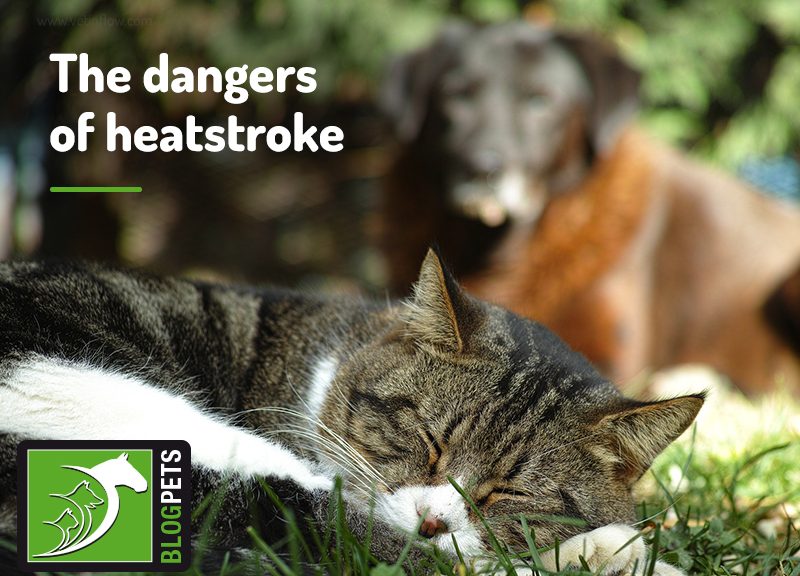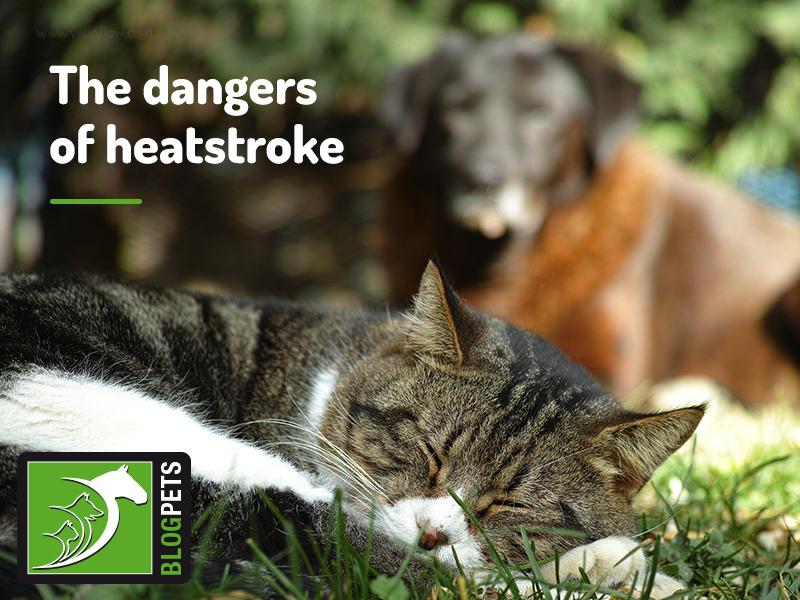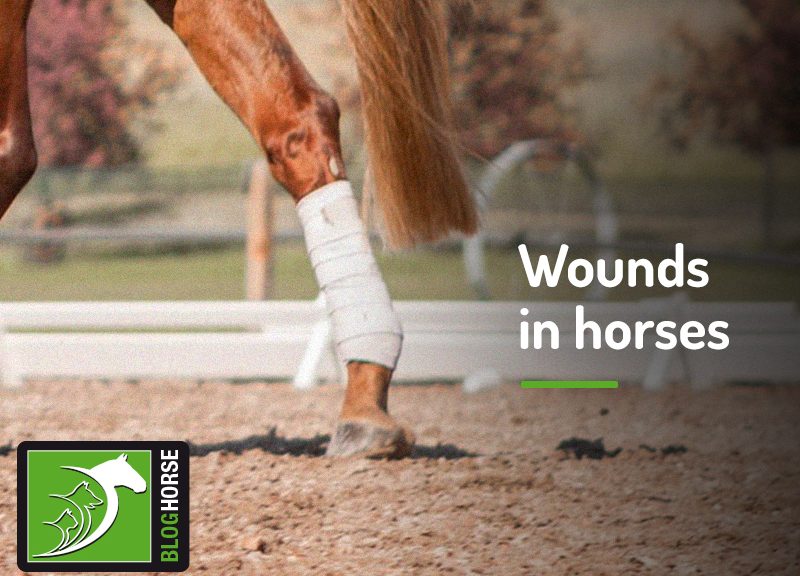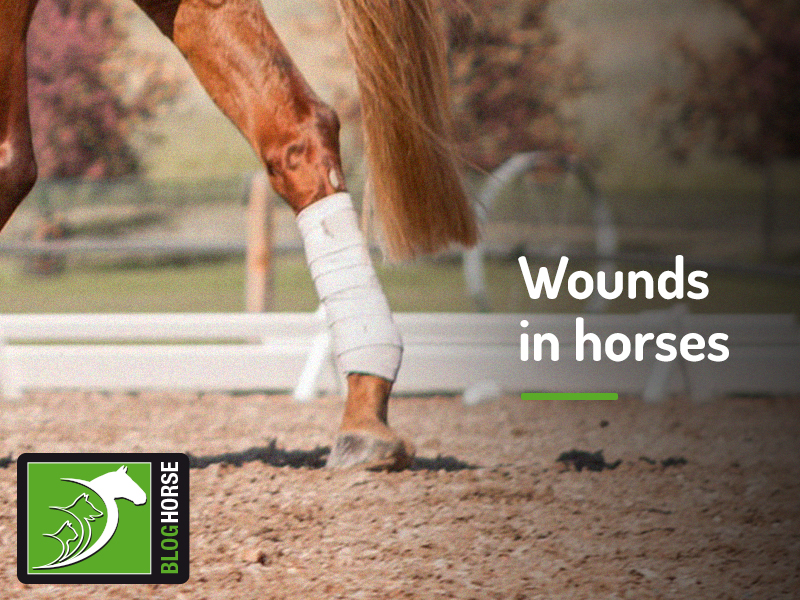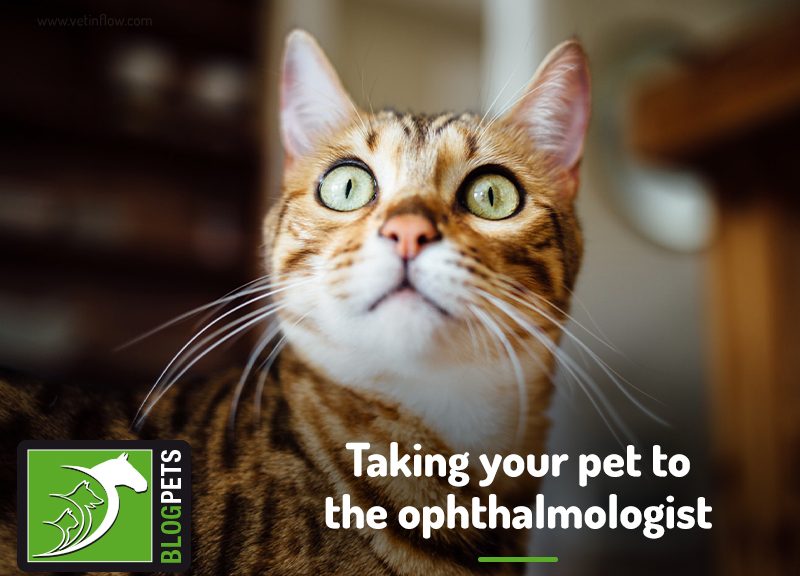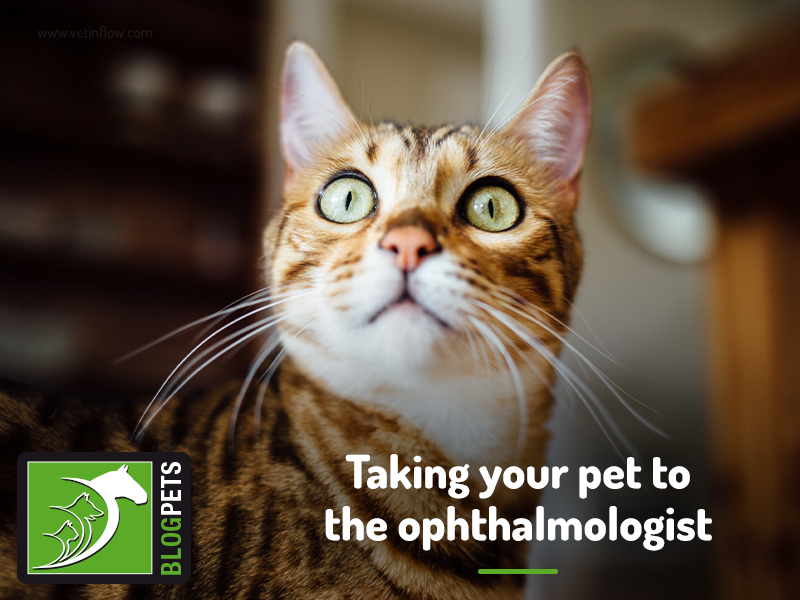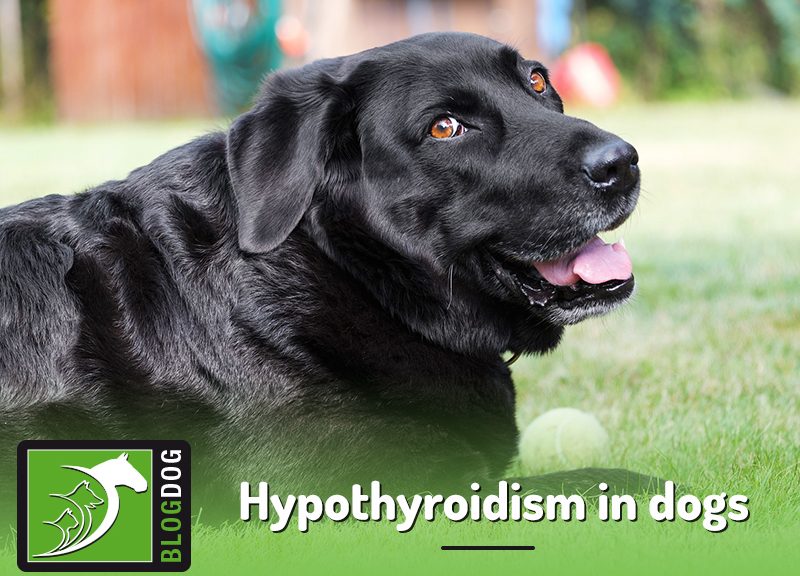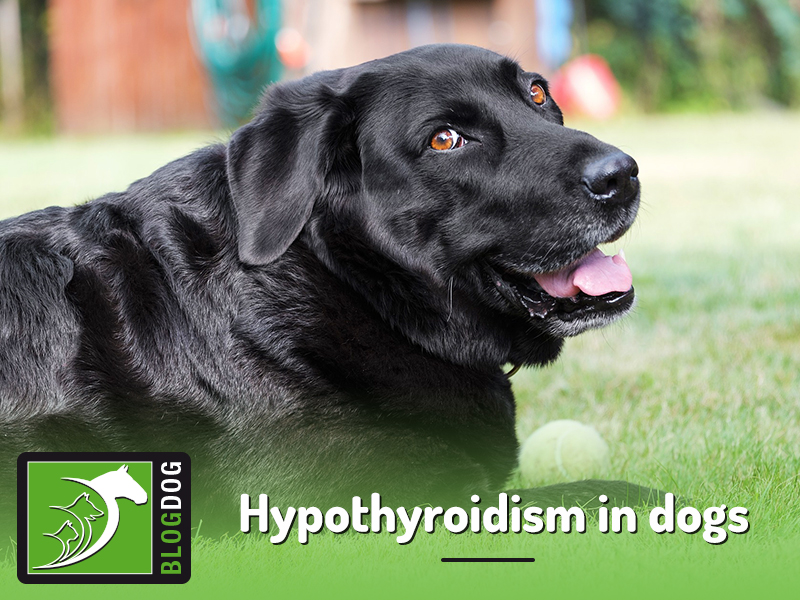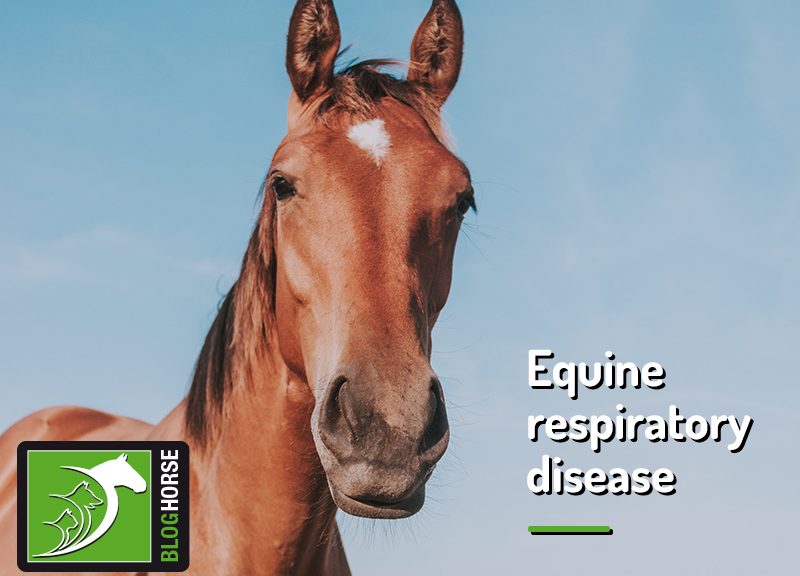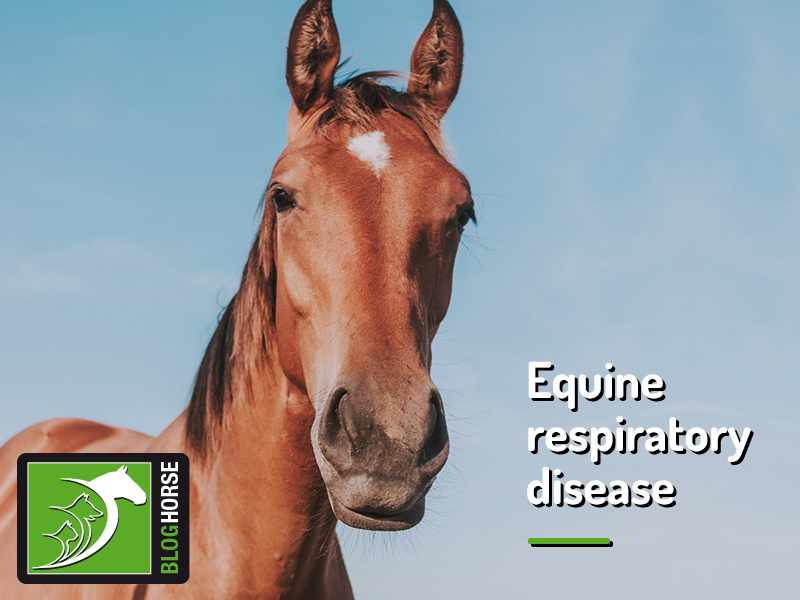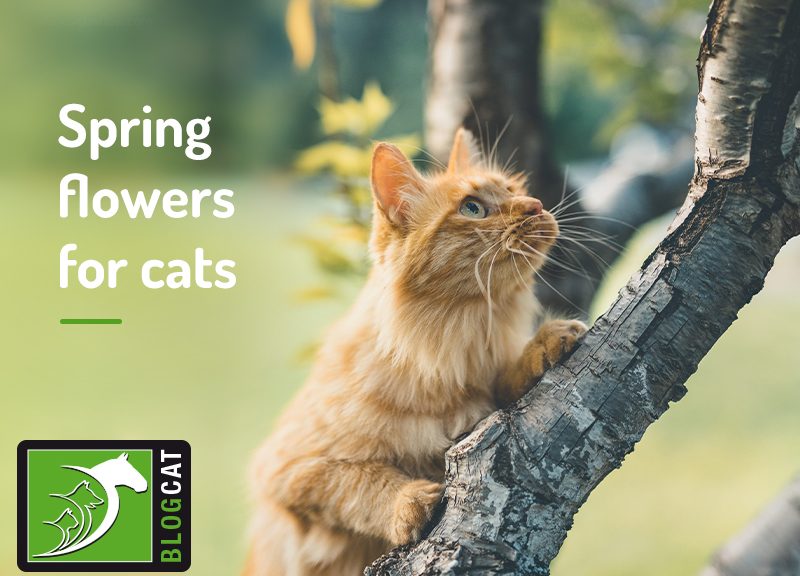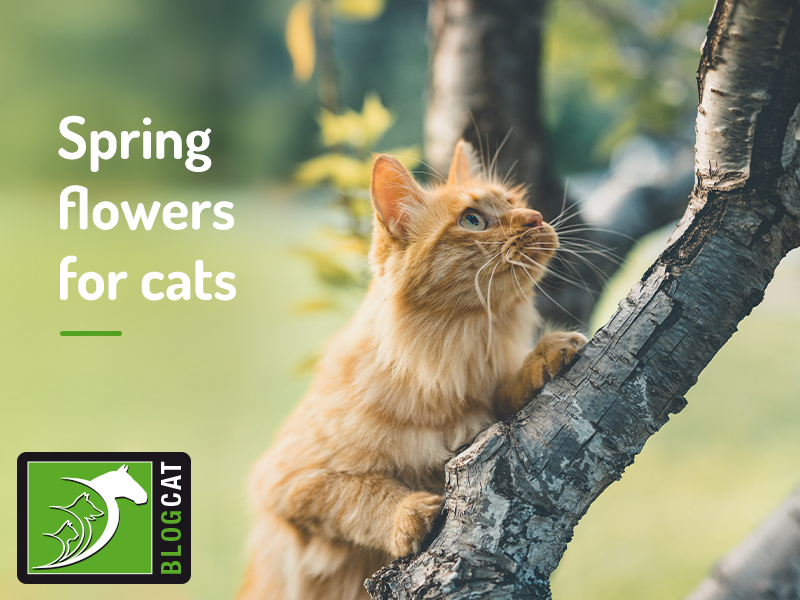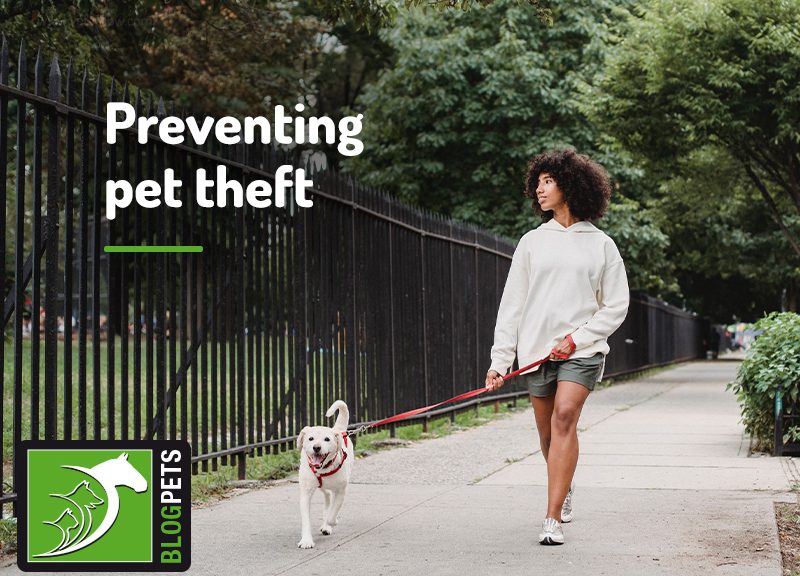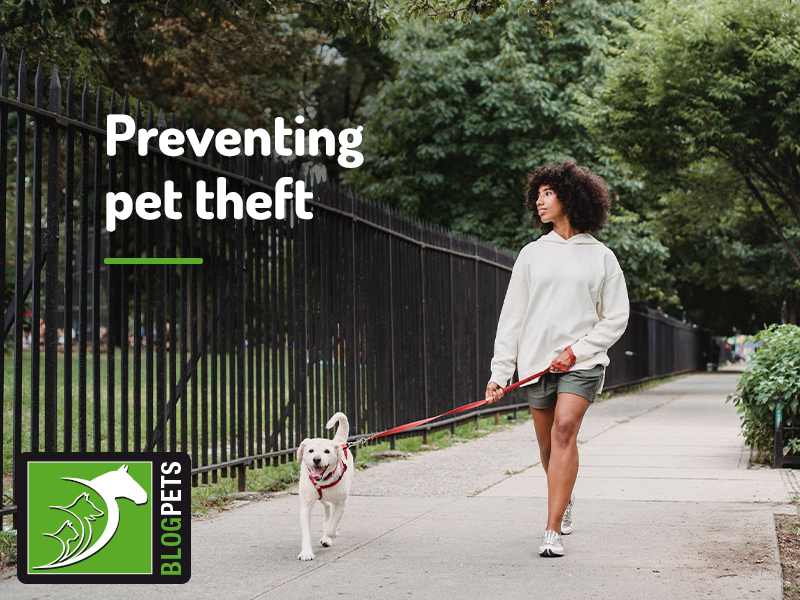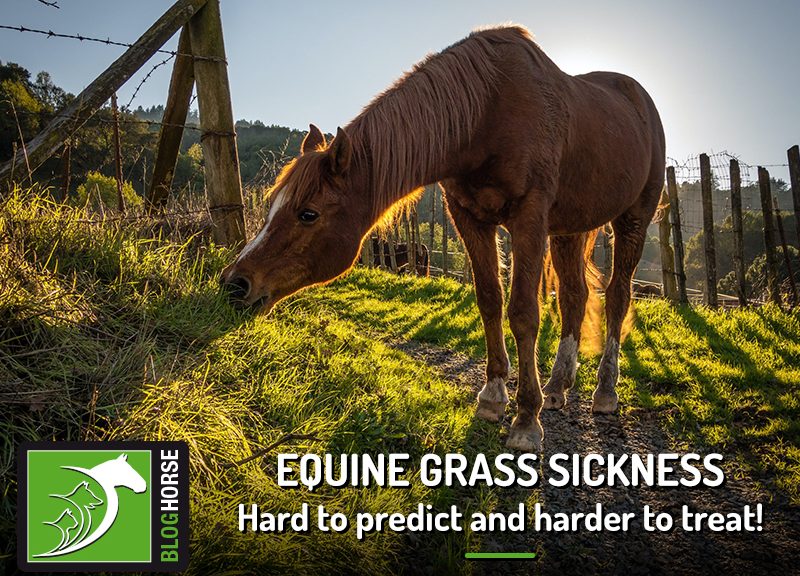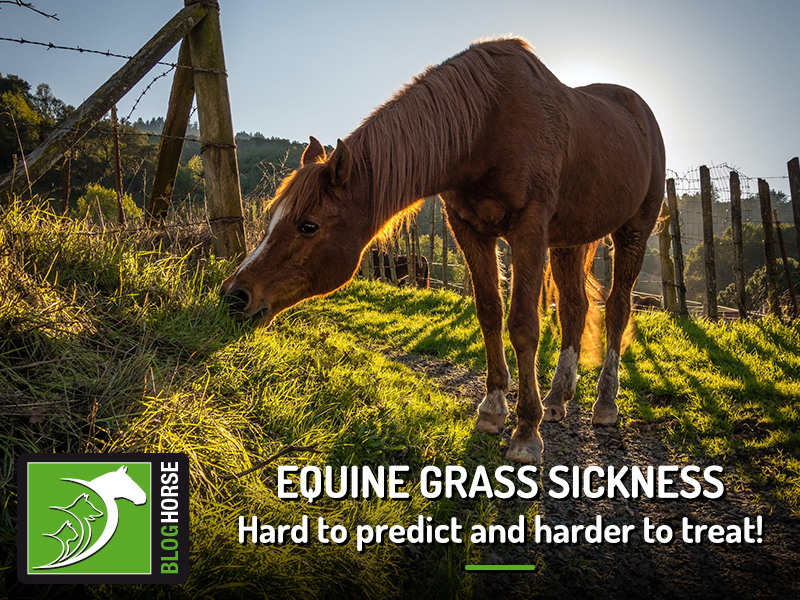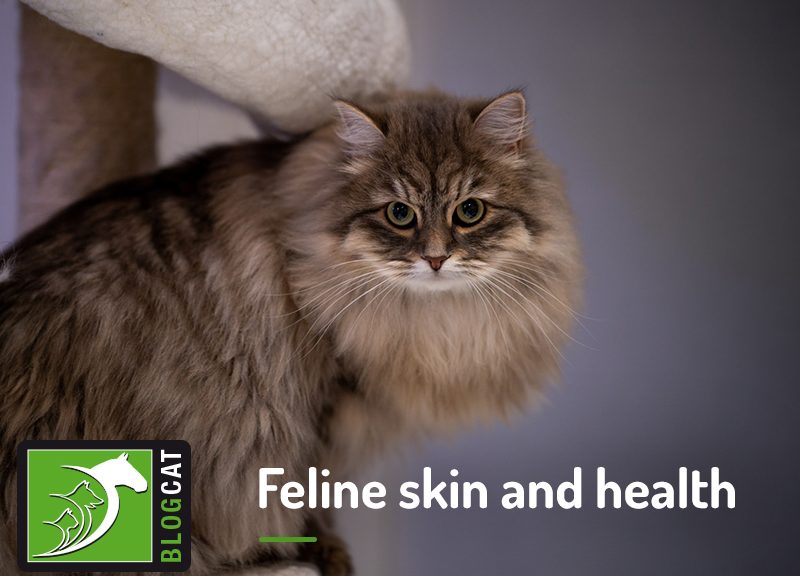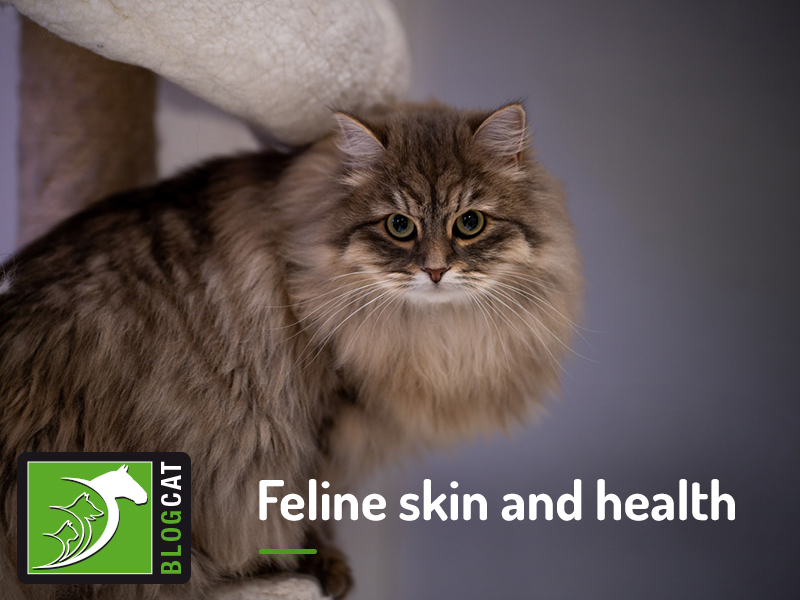Sun, relaxation and plenty of adventures are the biggest draws of the season!
But with all the nice experiences we can enjoy during the warmer weather, there are some concerns that pet owners need to keep in mind.
One of the most important ones is heatstroke and how it can be dangerous, even deadly, to your pets!
Read on for an overview of how heatstroke can happen and what to look out for.
What is heatstroke?
Simply put, heatstroke happens when a pet overheats without being able to regulate his or her body temperature back to safe levels.
Dogs and cats lose heat differently than humans do, as they produce very little sweat and mainly lose heat by panting. The evaporation of moisture in the oral cavity is critical for heat loss, but this can’t happen if the outside temperature is too high.
Common situations where overheating is likely to happen include:
- Pets trapped in hot cars, regardless if they are in the direct sunlight or not or with windows open;
- Days where it’s very damp and mildly hot, as humidity makes temperature regulation harder even when it doesn’t seem too warm;
- Pets playing outside when the temperature is high and not having the chance to cool down;
- Pets without access to any cool, shaded places or water.
How can you tell if your pet is suffering from heatstroke?
Incoordination, weakness, excessive panting and drooling are the first signs of heatstroke. These should never be ignored as they can quickly progress to sudden collapse, seizures and even death if the pet’s body temperature fails to normalise.
Please note that elderly pets and pets with certain health conditions like narrow airways, obesity or diabetes, are at a higher risk as they have more difficulty regulating their body temperature.
What to do when my pet is suffering from heatstroke?
If it’s warm and you spot that your pet is in distress, move them to a shaded area immediately and cover them with towels soaked in cool (but not cold) water to help dissipate heat. Offer them sips of water to drink if they’re able to do so, and contact your vet as soon as possible.
Heatstroke is an emergency, and veterinary assistance should be sought without delay!
